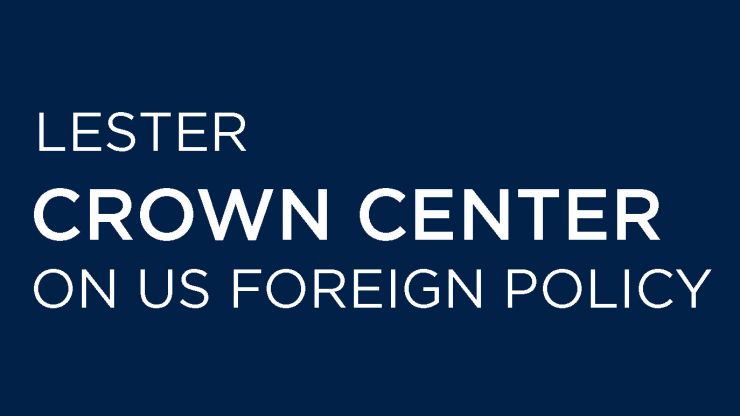A large majority of Democrats (73%) consider racial inequality in the United States a critical threat to the country, while Republicans consider it a relatively low-level threat.
Introduction
The killing of George Floyd by Minneapolis police in late May set off waves of protests and subsequent instances of looting and vandalism across the country. The 2020 Chicago Council Survey finds that a large majority of Democrats are concerned about racial inequality in the United States, while Republicans consider it a relatively low-level threat. Both partisan groupings fear the rise of violent extremist groups, but they likely interpret the organizations involved very differently.
Half of US public rates racial inequality a critical threat
- One out of two Americans (51%) says that racial inequality in the United States is a critical threat to the country, and only 31 percent of Americans feel that the US government is handling the issue effectively.
- There are large partisan divides on the magnitude of the threat posed by inequality. Nearly three-quarters of Democrats (73%) say that racial inequality is a critical threat to the country, on par with climate change (75%) and just below the threat they find most critical, the coronavirus pandemic (87%). Eight in ten say the US government is doing an ineffective job on the issue of racial inequality.
- By contrast, just 23 percent of Republicans say that racial inequality is a critical threat. For GOP supporters, racial inequality, climate change (21%) and economic inequality (21%) are the three items rated the least critical of the 15 items presented. Half (49%) say the US government is doing an effective job in addressing racial inequality.
- As might be expected, there are also large racial differences in responses. Nearly nine in ten black Americans (86%) and a smaller majority of Hispanic Americans (58%) consider racial inequality a critical threat compared to 42 percent of white Americans.
Six in ten consider domestic violent extremism a critical threat
- A majority of Americans (57%) consider domestic violent extremism a critical threat, a higher percentage than think the same of international terrorism (54%). Yet only 32 percent of Americans think the government is doing an effective job handling domestic violent extremism, compared to 55 percent who think it is handling terrorism effectively.
- Six in ten Democrats say that domestic violent extremism is a critical threat (58%); they likely have white nationalist groups in mind.
- Six in ten Republicans also consider domestic violent extremism a critical threat, perhaps interpreting this to also include individuals affiliating with the anti-fascist movement (Antifa) and/or looters and vandals who took advantage of the disorder during the protests.
- About six in ten across all races agree that domestic violent extremism is a critical threat (58% of black Americans, 60% of Hispanic Americans and 56% of white Americans).
Republicans more likely to favor use of force against protests
- Democrats (85%) are far more likely to say they followed the news about the protests after the death of George Floyd than are Republicans (51%). Only 17 percent of Democrats favor using US troops to suppress protests, and 38 percent favor using force to quell riots, looting, and vandals.
- Solid majorities of Republicans support the use of force to suppress both protests in the United States (59%) and riots, looting, and vandalism (83%). Half (50%) also support increasing federal budget expenditures to state and local police and law enforcement.
Methodology
This analysis is based on data from the 2020 Chicago Council Survey of the American public on foreign policy, a project of the Lester Crown Center on US Foreign Policy. The 2020 Chicago Council Survey was conducted July 2-19, 2020 by IPSOS using their large-scale nationwide online research panel, KnowledgePanel, among a weighted national sample of 2,111 adults, 18 years of age or older, living in all 50 US states and the District of Columbia. The margin of sampling error for the full sample is ±2.3 percentage points, including a design effect of 1.2056. The margin of error is higher for partisan subgroups or for partial-sample items.
Partisan identification is based on respondents' answer to a standard partisan self-identification question: “Generally speaking, do you think of yourself as a Republican, a Democrat, an Independent, or what?”




